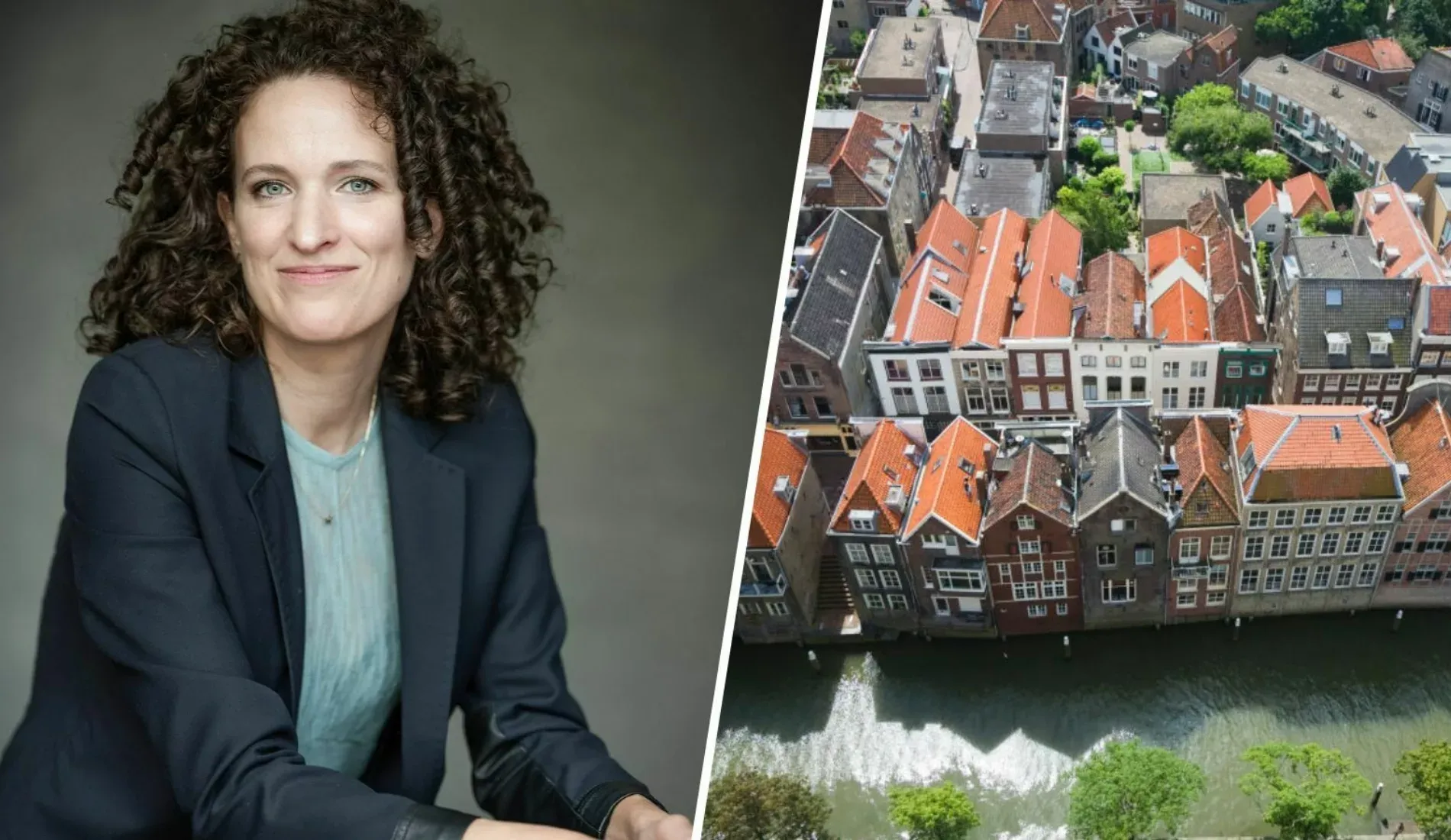In the tight, Dutch housing market, you are lucky if you manage to get a house. Many owners then don't think about what impact climate change will have on their home. They should, says journalist Christel Don. She wrote a book about it.

In her book Climate Ghettos, Don describes how climate change is invading our homes and what actions are needed. | Credit: Keke Keukelaar / Getty Images
Don moved from Amsterdam to upper Zutphen. The choice fell on a house 9 meters above sea level. "Not that the Randstad is flooding any time soon, but I wanted to make a future-proof investment. For me, it felt logical to live higher."
At the same time, she saw that those around her were not concerned. "A friend of mine bought a house in Marken, outside the dike. The fact that his house is not protected against high water or floods, he hadn't thought about that. Plenty of people take out high mortgages for authentic properties in a historic center, without thinking carefully about the condition of the mostly wooden foundation piles. That surprises me, because climate change is already having an effect on housing prices."
Climate ghettos
She wrote the book Climate Ghettos about it. In it, she describes how climate change is invading our homes and what actions are needed. The title refers to areas diminished in value by climate disasters. "When a neighborhood is affected by a flood, storm or wildfire, a dichotomy can gradually emerge. On the one hand, there is a group of people who can move or make the house more climate-resistant. On the other hand, there are those who cannot afford to do so. When people move, their home comes on the market for less money. It is bought by people with smaller wallets. This downward spiral can gradually create climate ghettos. Residents get stuck in risky conditions because they can't afford anything better."
For the Netherlands, it is a fierce term, Don acknowledges. "In Indonesia and America, climate ghettos already exist. Not in the Netherlands, but the first signs are becoming visible." She points to Rotterdam Bloemhof, where many houses do not have deep pile foundations. "Due to accelerated subsidence, these are sinking further and further, resulting in cracks in the facades and mold on the walls. The repairs are expensive and by no means everyone can afford them. Another example is Enschede, where sixty-six rented houses were recently declared uninhabitable after an extreme downpour. It remains to be seen whether the other houses in the neighborhood can be preserved. An area does not become a climate ghetto overnight, but here, too, you see signs that residents may be trapped."